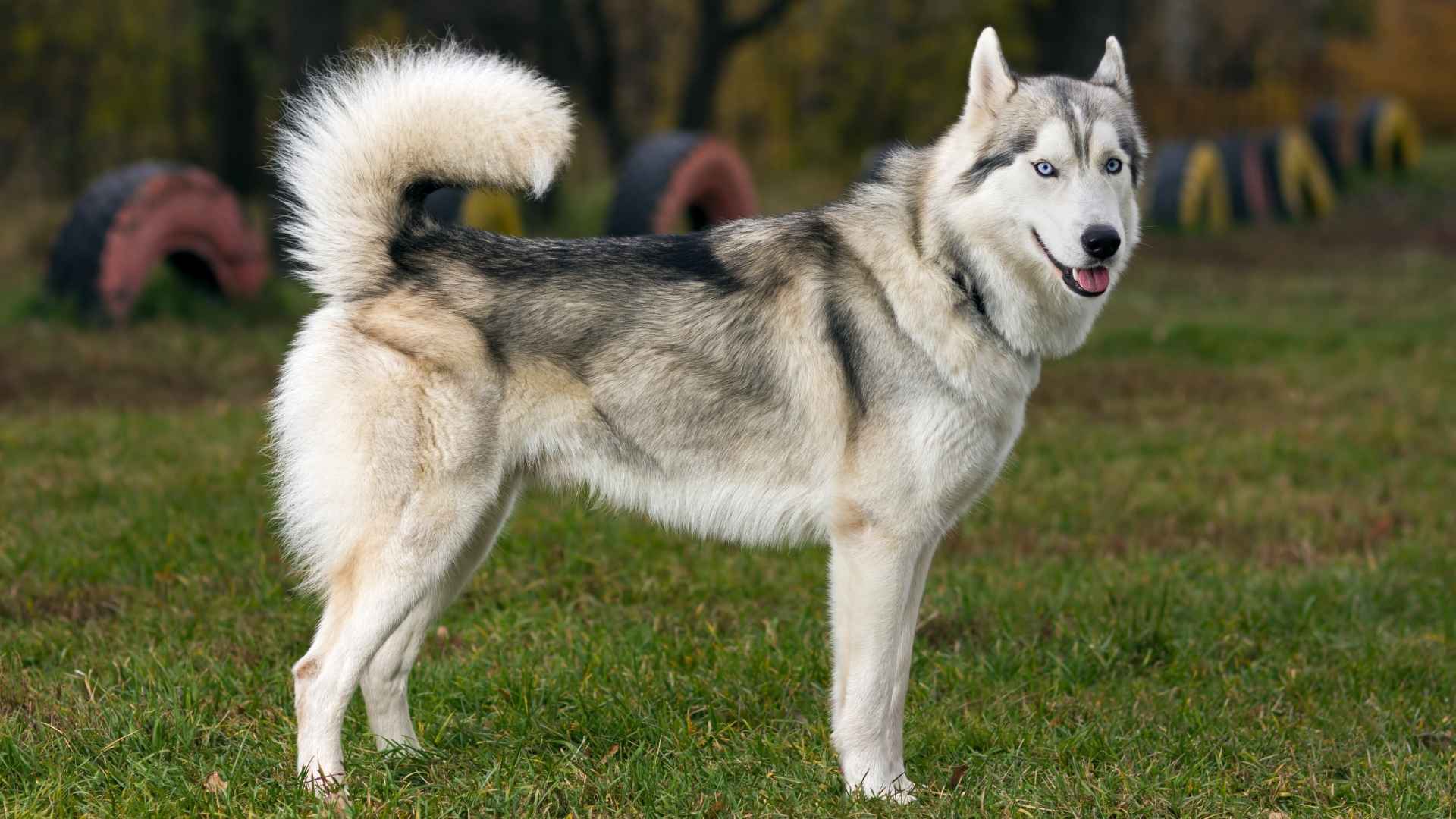When choosing a new furry companion, pet parents often consider more than just personality and looks—they also think about a dog’s health and how long their pup might live. According to scientists, the average lifespan of dogs is 10–13 years, which is roughly 60–74 in human years. While every dog breed is different, some are known as the healthiest dog breeds because they age gracefully without major illnesses.
As pet parents, it’s natural to want a dog that not only brings joy and companionship but also stays active, healthy, and full of life well into old age. Whether you live with other pets, plan to adopt a tiny dog, or are considering giant breeds, understanding a dog’s health and their genetic makeup is key.
Some dog breeds—especially those originally bred for mental stimulation or hunting—tend to be more resilient, requiring less vet care over their lives.
In this guide, we’ll explore dog breeds that age perfectly without major illnesses—those with few health issues, strong immune systems, and a reputation for staying healthy.
Dog Breeds That Age Gracefully Without Major Illnesses
1. Shiba Inu
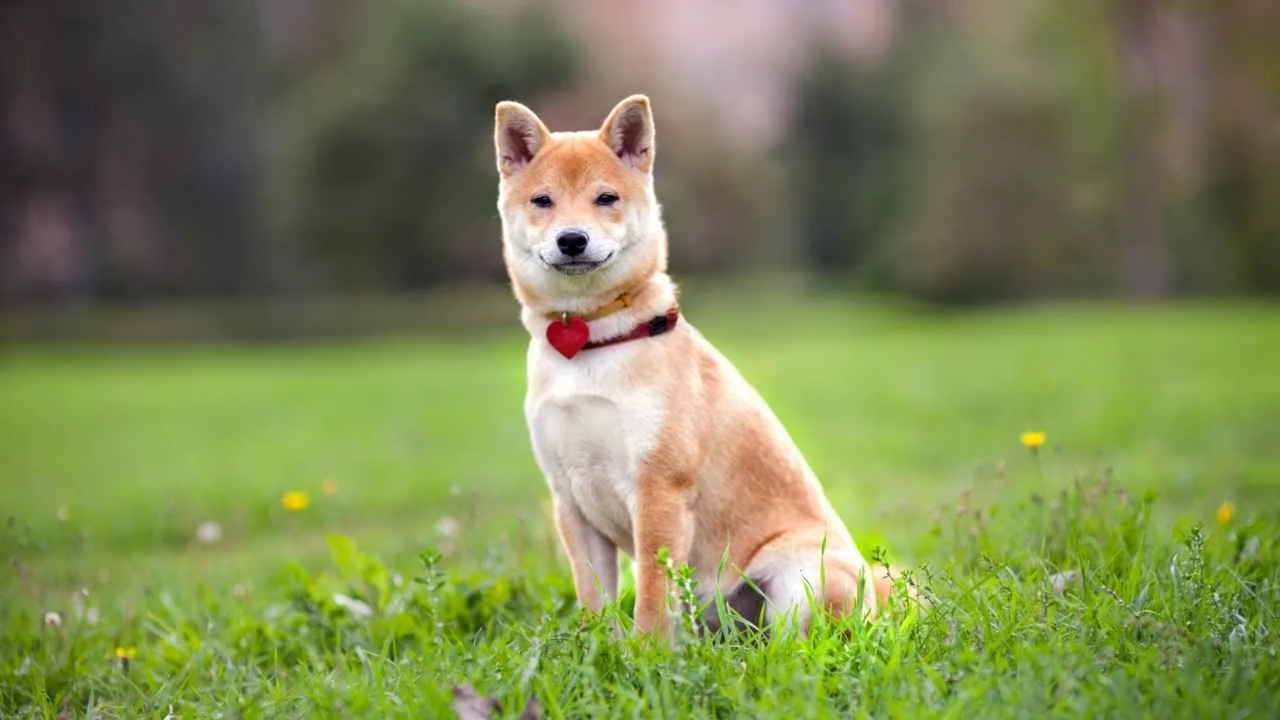
More than just an internet icon, the Shiba Inu is a small dog with a big personality. This dog breed, native to Japan, was bred to hunt large game in mountainous terrain. Today, it’s loved for its independence, alertness, and unique fox-like appearance.
Shibas are highly intelligent but can be strong-willed and sometimes stubborn to train. Without enough physical activity or mental stimulation, they may become anxious or vocal. Despite this, they make loyal, clean, and affectionate companions when their needs are met.
Key Traits
-
Size: Small, compact, and muscular
-
Temperament: Strong-willed, affectionate, alert, and intelligent
-
Energy Level: High — needs daily exercise and mental stimulation
-
Fun Fact: Known for grooming itself like a cat and the dramatic “Shiba scream.”
Health and Lifespan
Average Lifespan = 13-16 years
Shiba Inus are among the healthiest dog breeds, often living well beyond the average lifespan of most dogs. However, even healthy dogs like the Shiba Inu can be genetically predisposed to certain problems:
-
Hip dysplasia
-
Luxating patella
-
Eye issues
-
Arthritis in old age
2. Bichon Frise
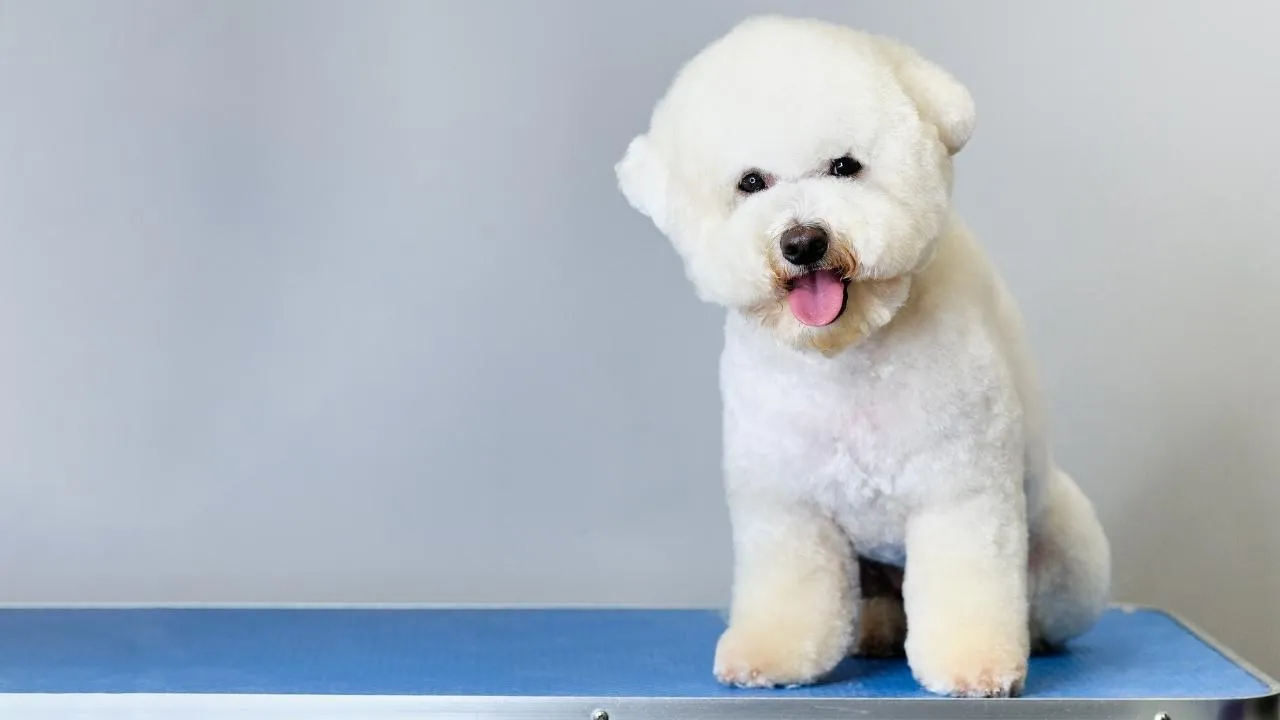
Don’t let the fluffy look fool you. This small dog is sturdy, resilient, and full of charm. The Bichon Frise has been turning heads for centuries with its playful nature, intelligence, and people-loving personality.
The Bichon Frise is a loving companion that craves being near its family at all times. It responds well to training, especially when there’s an audience to entertain. Thanks to their confidence and size, they adapt well to city life. They’re ideal for pet parents looking for a tiny dog that stays healthy, lives long, and brings joy wherever it goes.
Key Traits
-
Size: Just under a foot tall at the shoulder
-
Coat: White, hypoallergenic, plush, and velvety
-
Temperament: Affectionate, playful, alert, confident, and curious
-
Exercise Needs: Moderate; daily indoor play and short walks are enough
-
Social: Gets along well with children, other pets, and even cats
Health and Lifespan
Average Lifespan = 14-15 years
The Bichon Frise tends to age without major illnesses and is often considered one of the healthiest dog breeds. However, it may be genetically predisposed to certain health concerns, such as:
-
Hip dysplasia
-
Luxating patella
-
Cataracts
-
Diabetes mellitus
Despite these issues, Bichons usually stay healthy with a balanced diet, regular exercise, and consistent vet checkups.
3. Basenji
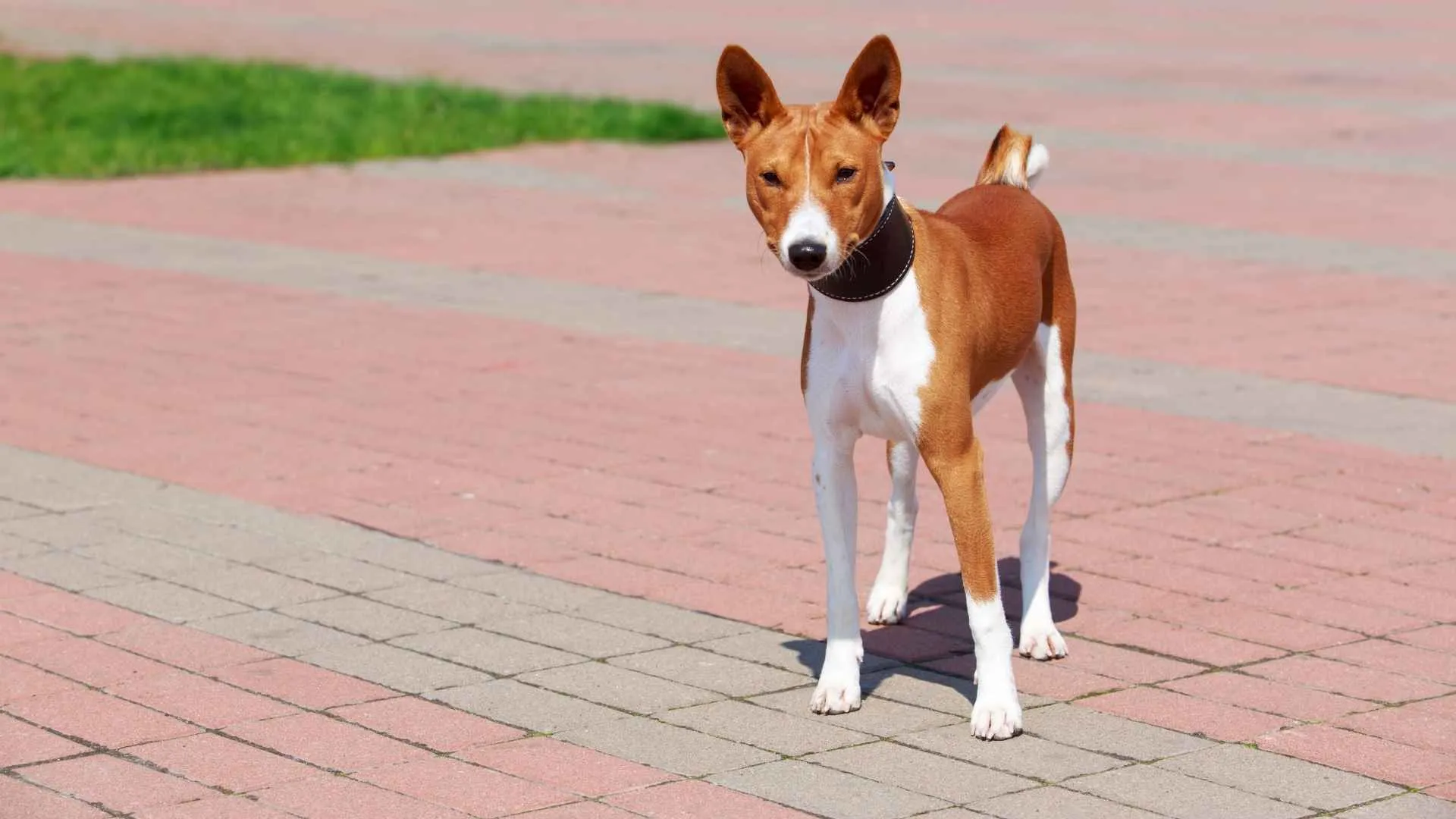
The basenji is a unique and ancient dog breed native to Central Africa. Originally bred as hunting dogs, these alert and intelligent dogs are known for their independence, cleanliness, and almost cat-like behavior. As per PetMD, what truly sets them apart is their quiet nature—they don’t bark but make their characteristic “Basenji yodel” noise.
Basenjis are not the easiest dogs to train due to their independent nature, but they are highly intelligent and respond well to consistent, positive reinforcement. They need lots of physical activity and mental stimulation to prevent boredom. If given the right environment, the basenji can be a playful, affectionate, and long-lived companion.
Key Traits
-
Size: Small, athletic frame
-
Temperament: Independent, intelligent, alert, and clean
-
Exercise Needs: High; needs daily exercise and outdoor activity
-
Social: Can be reserved with strangers but is loyal to family
-
Unique Feature: Does not bark; known for yodel-like vocalization
Health and Lifespan
Average Lifespan = 13-14 years
Basenjis show many fewer health problems when kept fit and mentally engaged. Still, like many purebred dogs, they can be prone to certain genetic health problems, including:
-
Hip dysplasia
-
Fanconi syndrome (a kidney disorder)
-
Eye conditions like progressive retinal atrophy
With regular vet checkups and a controlled diet, most basenjis stay healthy and active into their senior years.
4. Siberian Husky
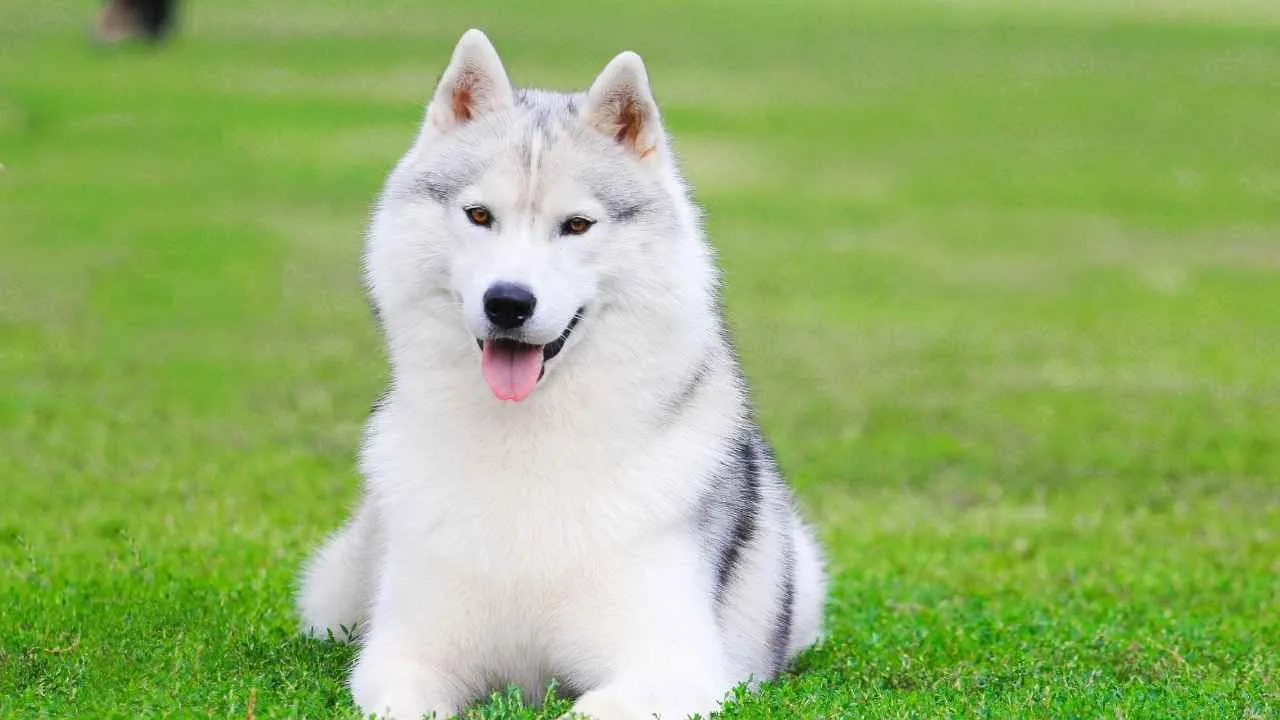
The Siberian husky is a graceful, powerful working dog originally raised by the Chukchi people of Siberia. Known for its sled-pulling strength and endurance, this breed thrives in active environments where it can run, roam, and release its energy. Friendly and vocal, huskies love to “talk” and express themselves, making them one of the more vocal and alert dogs.
They are not only beautiful and athletic but also smart, strong-willed, and full of personality. While not naturally considered easy to train, they respond well with consistent, patient guidance—especially in active households.
Key Traits
-
Size: Medium, athletic build
-
Temperament: Friendly, energetic, independent, and strong-willed
-
Exercise Needs: High; thrives with daily walks, runs, or hikes
-
Social: Gets along well with people and other dogs
Health and Lifespan
Average Lifespan = 12-14 years
Thanks to the efforts of reputable breeders, the breed’s overall health has improved, and the risk of some genetic issues has been reduced. Still, some huskies may be prone to:
-
Cataracts, even in young dogs
-
Hip issues (though less common now due to careful breeding)
With a nutritious diet, regular activity, and routine vet care, huskies can remain healthy and strong well into old age.
5. Australian Cattle Dog
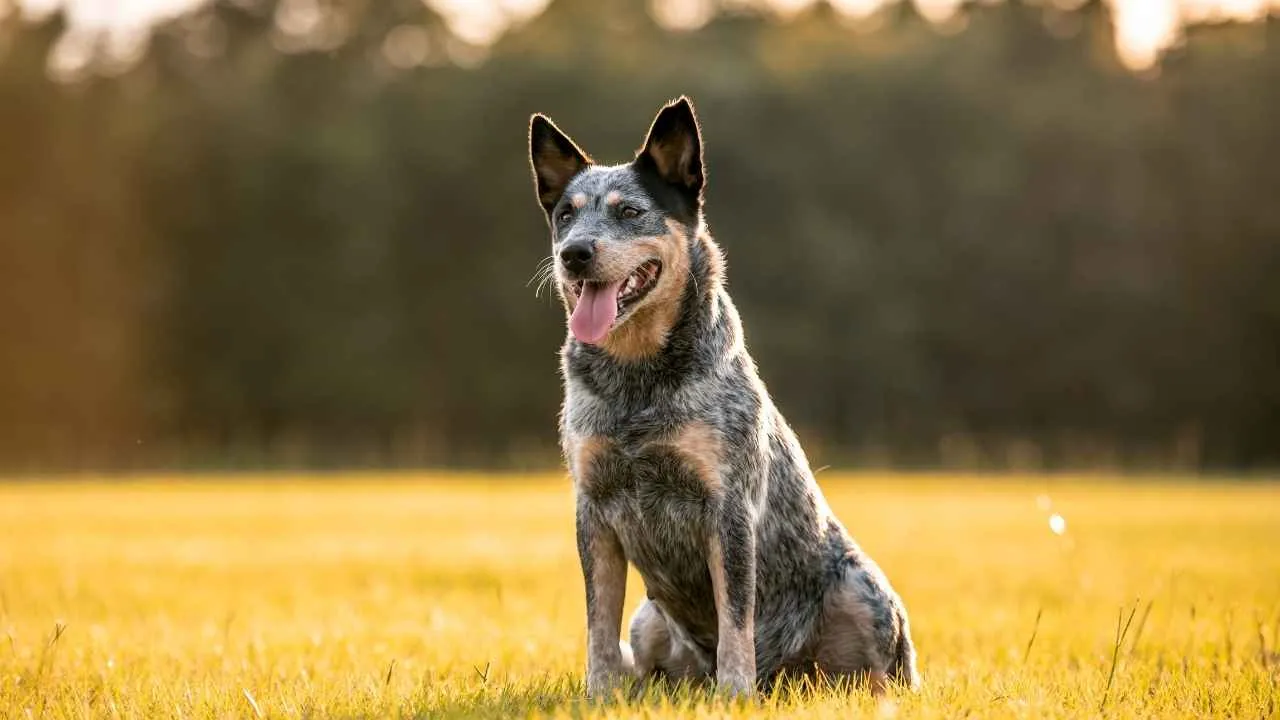
The Australian Cattle Dog, also known as the Blue Heeler, Red Heeler, or Queensland Heeler, is a compact but muscular breed. AKC states that it shares ancestry with Australia’s famous wild dog, the Dingo, which adds to its natural toughness and endurance. As part of the herding dogs group, this breed was built for hard work in rugged outdoor conditions.
Often seen as the only dog breed capable of handling intense physical tasks for hours on end, the Australian Cattle Dog thrives on action and purpose.
Key Traits
-
Size: Medium, strong, and athletic
-
Temperament: Loyal, focused, determined, and independent
-
Exercise Needs: Extremely high; requires daily outdoor exercise
-
Behavior: Struggles with boredom or being left alone for long periods
Health and Lifespan
Average Lifespan = 12-16 years
Australian Cattle Dogs are generally tough and resilient, but as older dogs, they can face certain health challenges. With proper care and a physically active lifestyle, they can live their best life into their senior years. Common health concerns include:
-
Elbow dysplasia
-
Hip dysplasia
-
Luxating patellas
-
Deafness
-
Eczema (itchy, inflamed skin)
Regular vet care, early diagnosis, and consistent outdoor exercise help reduce complications and support longevity in this high-performing breed.
6. Border Collie
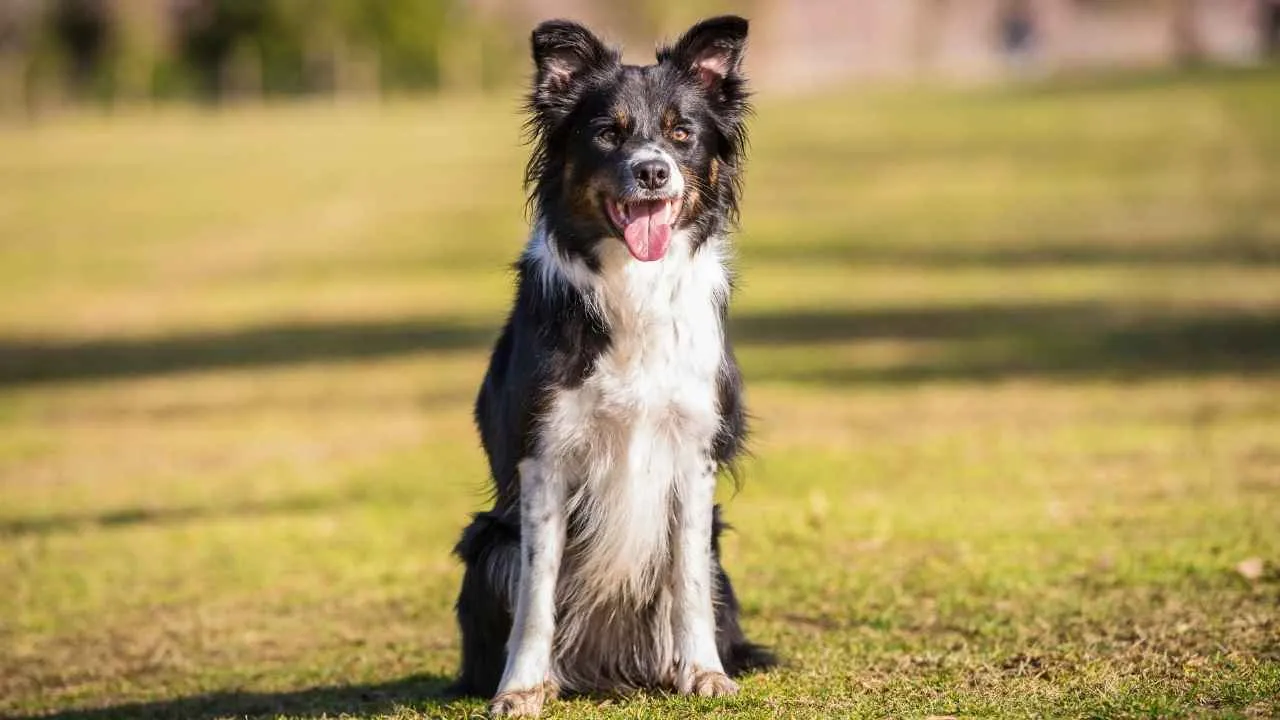
Border collies are legendary for their sharp minds and unmatched energy. Bred for a strong work ethic and herding ability, this breed is considered one of the most intelligent in the world. Whether it’s on a farm, in a competition ring, or just playing fetch in the backyard, border collies are always eager to stay busy.
These dogs thrive in environments where their minds and bodies are constantly engaged. They’re agile, determined, and built for tasks that challenge them daily.
Key Traits
-
Size: Medium, athletic frame
-
Temperament: Focused, energetic, alert, and intelligent
-
Exercise Needs: Very high; enjoys agility, herding, and playing fetch
-
Behavior: Excels when given tasks or responsibilities
Health and Lifespan
Average Lifespan = 12-15 years
Border collies are overall hardy and often live active lives into old age. They’re not typically a low-maintenance breed—they need both mental and physical outlets to stay balanced.
While healthy overall, they may begin showing signs of genetic conditions such as:
-
Collie eye anomaly
-
Deafness
-
Epilepsy
Regular vet checkups, exercise, and activities like agility can help keep them sharp and healthy throughout their life.
7. Havanese
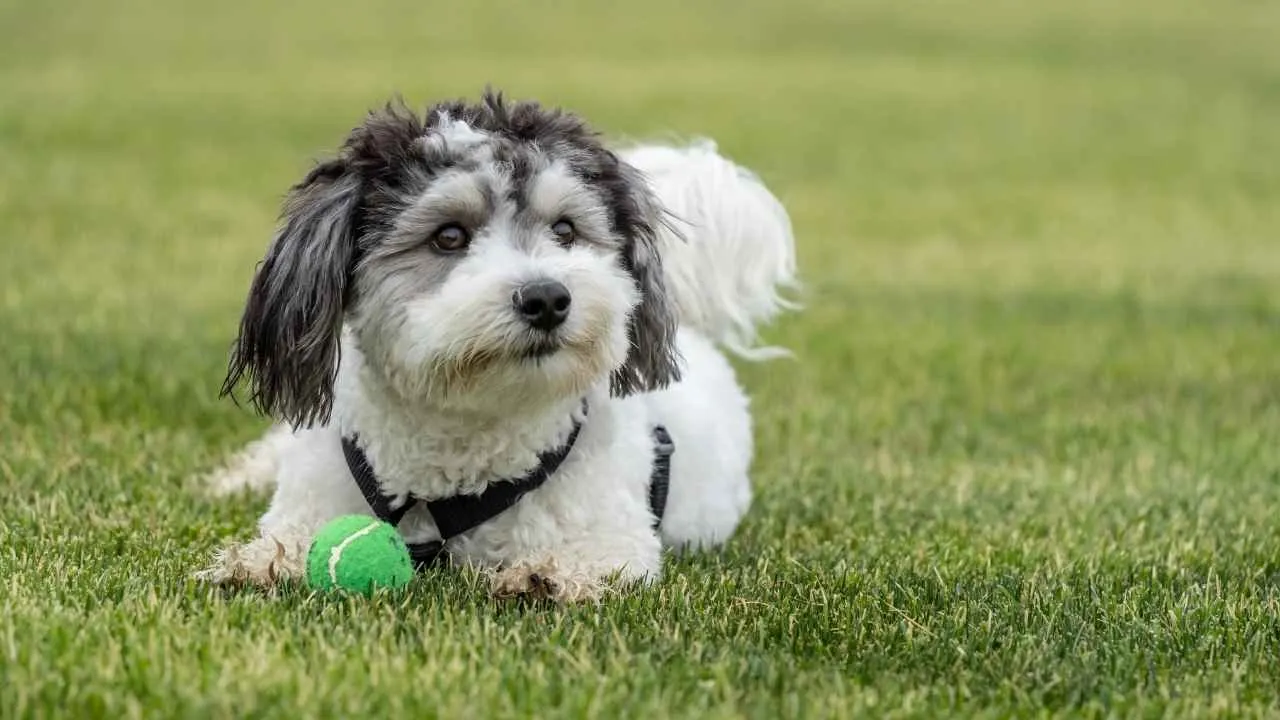
The Havanese is a small, lively dog with a big heart and an even bigger personality. Originating in Cuba, this breed was developed to be a charming and affectionate companion. Their soft, wavy coat, expressive eyes, and cheerful nature make them popular with families and individuals alike.
The Havanese is an affectionate and social dog that loves being at the center of family life. They dislike being left alone for extended periods and thrive in homes where they can be involved in daily routines. Their coat requires regular brushing to prevent tangles, but their easygoing nature and love of people make them an excellent addition to almost any home.
Key Traits
-
Size: Small, compact body with a long, silky coat
-
Temperament: Friendly, outgoing, gentle, and playful
-
Exercise Needs: Moderate; enjoys daily walks and playtime indoors
-
Social: Enjoys human attention and gets along well with children and other pets
-
Trainability: Responsive and eager to please, especially with positive reinforcement
Health and Lifespan
Average Lifespan = 14-16 years
Havanese dogs are generally healthy and tend to live long and happy lives. While they are considered a sturdy breed, they may be prone to a few inherited conditions, such as:
-
Eye disorders
-
Heart murmurs
-
Legg-Calvé-Perthes disease (a hip joint issue common in small breeds)
Routine vet care, proper grooming, and a balanced diet can help ensure they remain in good health throughout their lives.
Conclusion
Choosing a dog is a meaningful decision that goes beyond appearance or personality. It’s also about finding a companion whose health and needs align with your lifestyle and ability to provide consistent care, attention, and love over the years.
Apart from the dogs mentioned above, there are other breeds as well that age gracefully. These include the German Shorthaired Pointer, Poodle, German Pinscher, Miniature Schnauzer, and Greyhound.
While no dog is guaranteed a life free of health issues, many breeds are known for their resilience and longevity. With proper nutrition, regular vet checkups, and a supportive environment, you can help your dog enjoy a long, happy, and active life by your side.


